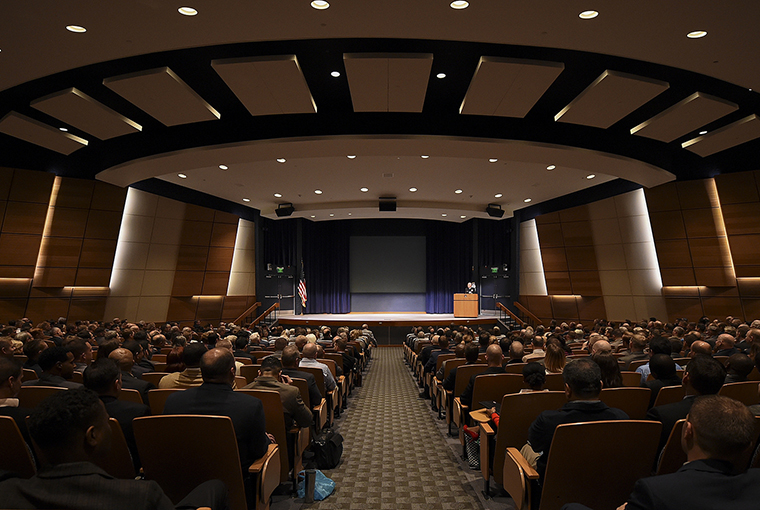Genocide Studies: Cases of Slow Genocide in the 21st Century

About this Event
Event Information
Prof. Hayat Alvi, associate professor, NSA Department
This event is not open to the general public
This event is for Naval War College students, faculty and staff.The U.S. Naval War College will present its first Genocide Studies conference examining both past failures to prevent genocide and current evidence of slow genocide.
In the post-WWII and the Holocaust era, the global community proclaimed “Never again!” to the possibility of future genocides or attempts at genocide. Yet we have witnessed multiple examples of it to include examples in Cambodia, Guatemala and East Timor.
Today, in the 21st century, we see evidence of slow genocide where extended wars and conflicts, including civil wars, use calculated and systematic processes that attempt gradual genocide, ethnic cleansing and/or crimes against humanity. We see current examples in Syria’s civil war, the conflicts in Yemen, the Central African Republic, and Myanmar (Burma) among others. We also include cases of gender-based genocide in China, India and other countries. The systematic use of starvation and other depletion of resources, access to health care, or humanitarian assistance that target specific communities and groups are also methods of slow genocide. Since we study and analyze wars and conflicts at the U.S. Naval War College, the concept of slow genocide is not only highly pertinent but also extremely important in terms of ethical standards in the modern era.
At this conference we will bring together scholars who specialize in the topic of genocide studies where thoughtful discussions and analyses will occur. Despite the convictions of the global community in the post-WWII era, genocide still takes place and continues to be used as a tool of war in the 21st century. Specific discussion topics will be thought provoking and lead to further discussion and analyses about genocide prevention and military interventions to protect civilians from atrocities and genocide.
Mrs. Ruth Oppenheim, Kristallnacht Survivor, Honored Guest Speaker
Discover Her StoryPanel participants:
Downloads for this event
Genocide Studies FlyerMost Recent
8:00 a.m.
U.S. Naval War College, 686 Cushing Rd, Newport, RI 02841
U.S. Naval War College, 686 Cushing Road, Newport, RI 02841
U.S. Naval War College, 686 Cushing Road, Newport, RI 02841
8:00 a.m.
U.S. Naval War College, 686 Cushing Road, Newport, RI 02841
U.S. Naval War College, 686 Cushing Rd, Newport, RI 02841
